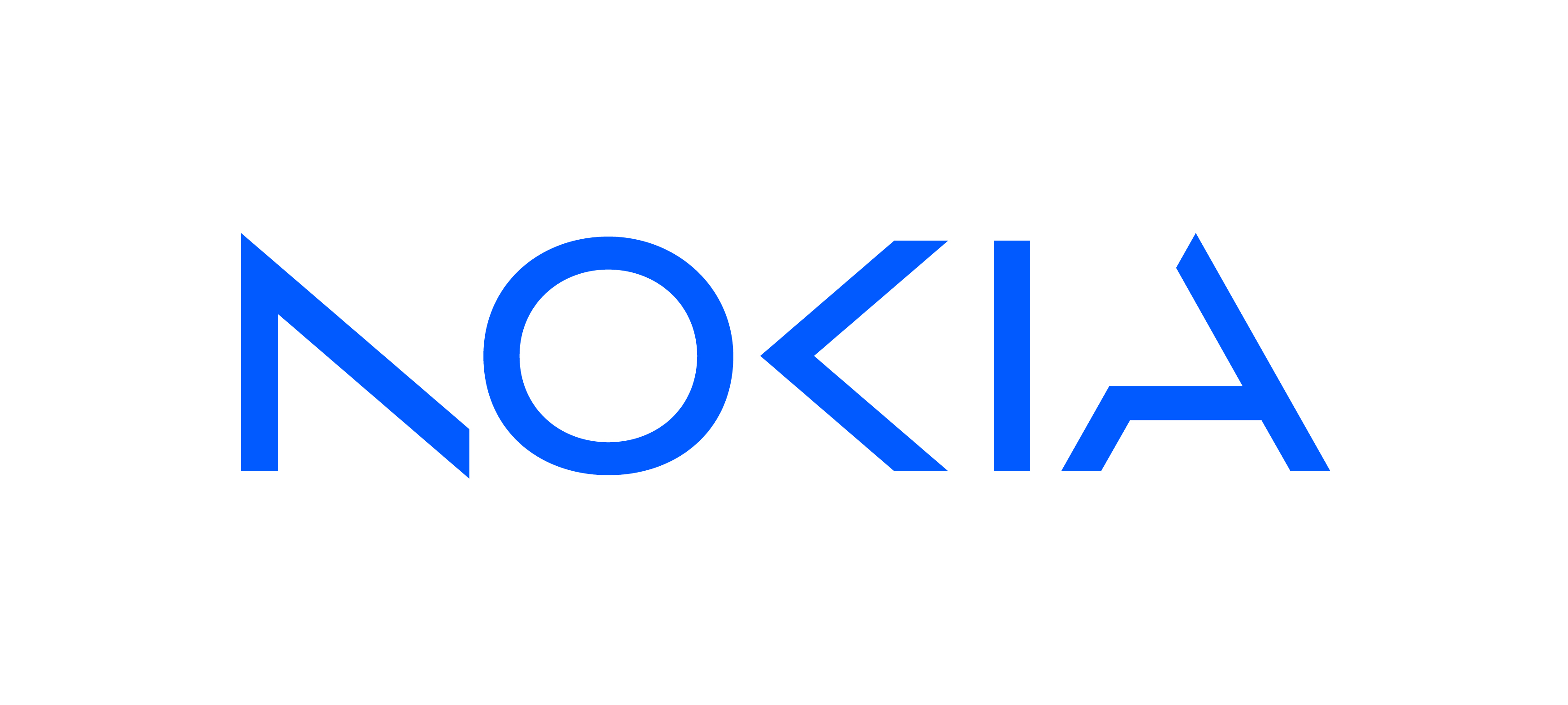The IP Federation’s campaigns
The IP Federation invested considerable time and resource in 2023 in support of its aim of improving the intellectual property (IP) framework to meet the needs of innovative industry. Below are several key successes in which the IP Federation played a leading role.- The IP Federation engaged and continues to engage effectively with senior levels of Government on the potential impact of future free trade agreements (FTAs), including on the UK’s continued participation in the non-EU European Patent Convention (EPC).



































